Thick Client Penetration Testing
Desktop and rich client applications often combine local logic with networked services, making them a valuable target for attackers. EJN Labs helps organizations secure their thick client software by uncovering critical vulnerabilities in compiled binaries, local storage, and communications channels. Whether your application runs on Windows, macOS, or Linux, our tailored assessments reveal hidden flaws, deliver clear remediation steps, and strengthen your overall security posture.
Why Choose EJN Labs
Certified Security Experts
Our team is made up of professionals with industry-recognized certifications such as OSCP, OSWE, and CEH.
Global Client Support
We work with clients around the world, offering flexible delivery options for different time zones and compliance needs.
Standards-Based Testing
Our methodology is aligned with industry best practices and security standards including OWASP Top 10 and ISO 27001.
Aftercare and Re-Testing
Once the assessment is complete, we stay involved to help interpret results and verify fixes through optional re-testing.
Securing Your Thick Client Applications
Thick client testing simulates attacks against desktop or rich client software to find vulnerabilities in the executable, local storage, and network interfaces. This process is essential for protecting intellectual property, preventing data theft, and ensuring trust in distributed applications.
Static Binary Analysis
We dissect compiled executables and libraries to identify weak protections, exposed functions, and embedded secrets. This includes reverse engineering, signature matching, and checking for outdated or insecure code patterns.
Runtime Testing & Fuzzing
We execute the application in controlled environments to observe behavior under attack. This lets us uncover memory corruption, improper input handling, insecure interprocess communication, and license bypass techniques through automated fuzzing and manual testing.
Combining static binary analysis with runtime testing provides a full assessment of how your thick client is built and how it behaves under malicious conditions.
Thick Client Security Assessment
Anti-Tamper & Binary Protections
Evaluate code obfuscation, packers, checksums and anti-debug mechanisms that prevent reverse engineering or unauthorized modifications.
Local Data Security
Inspect how configuration files, logs and user data are stored on disk. Look for plaintext secrets, weak encryption and improper file permissions.
Protocol & Network Communications
Analyze any custom or standard protocols the client uses to talk to servers. Test for weak encryption, missing authentication and man-in-the-middle risks.
Runtime Manipulation & Fuzzing
Stress-test the running application with malformed inputs, automated fuzzing and UI automation to uncover memory corruption, injection points and logic flaws.
Configuration & Permissions
Review installer behavior, auto-update mechanisms and OS permissions. Identify ways an attacker could escalate privileges or bypass security controls.
Third-Party & Dependency Risks
Audit bundled libraries and SDKs for known CVEs, over-permissive access or insecure integration patterns.
Update & Deployment Mechanisms
Assess how patches and updates are delivered—check for unsecured update channels or rollback attacks.
User Interface Security
Examine UI elements for injection vulnerabilities, hidden debug panels or data leakage through error dialogs.
Why Thick Client Penetration Testing Matters
Modern thick client applications blend local execution with online services, creating multiple avenues for exploitation. EJN Labs uncovers both technical vulnerabilities and misuse scenarios, then delivers concise, prioritized reports so your teams can act quickly and confidently.
Build. Scale And Secure with EJN Labs.
Get started without limits. We are here to help you.










